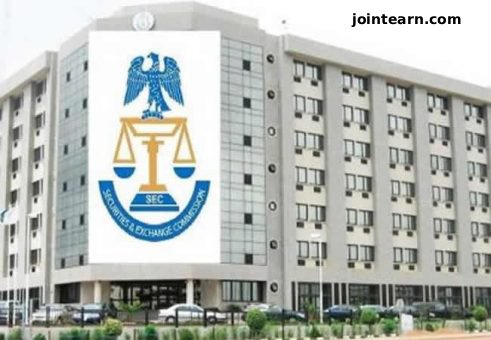
The Director-General of the Securities and Exchange Commission (SEC), Dr. Emomotimi Agama, has announced that Nigeria’s non-interest capital market has reached a valuation of over N1.6 trillion. This milestone underscores the sector’s growing role in advancing financial inclusion and funding critical infrastructure projects.
Dr. Agama made the statement at the 7th African International Conference on Islamic Finance (AICIF) 2025 in Lagos. He attributed the market’s rapid expansion to strong investor confidence and the supportive regulatory framework established by the Investments and Securities Act (ISA) 2025.
“The remarkable growth of the non-interest segment in Nigeria — a market now valued at over N1.6 trillion — is clear evidence that when there is an enabling regulatory environment, the market responds with vigour,” Agama stated.
Sovereign Sukuk: A Catalyst for Infrastructure Development
A key driver of this growth has been the Federal Government’s sovereign Sukuk programme. Agama revealed that the programme has raised over N1.4 trillion through seven issuances since its inception in 2017.
He emphasized the tangible impact of these funds, noting that they have been deployed to finance the construction and rehabilitation of 124 critical road projects, spanning more than 5,820 kilometres across Nigeria.
Looking ahead, Agama highlighted that the recent approval of a $500 million international Sukuk issuance will mark the next phase of Nigeria’s strategy to attract ethical financing for large-scale infrastructure and economic development.
A Continental Shift Towards Ethical Finance
The SEC DG also observed a continent-wide trend of embracing Islamic finance. He pointed to countries like Egypt, Kenya, Tanzania, Senegal, and Ghana, which are strengthening their legal and policy frameworks to attract Shariah-compliant investments.
“From Egypt to Kenya… we are seeing governments strengthen legal and policy frameworks to attract Shariah-compliant investments,” he noted, signaling Africa’s readiness for sustainable funding alternatives.
Agama commended the conference organizers, Metropolitan Skills, for their role in deepening Islamic finance knowledge across the continent. He disclosed that the insights from the 2025 AICIF will directly inform the forthcoming Second Nigerian Capital Market Masterplan (2026–2035).
Concluding his address, Agama urged stakeholders to continue leveraging Islamic finance to promote ethical investment, broaden financial inclusion, and renew national infrastructure, affirming that “Prosperity without inclusion is not sustainable.”


Leave a Reply